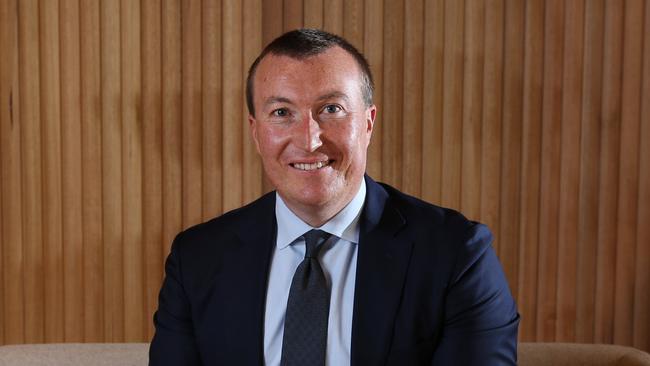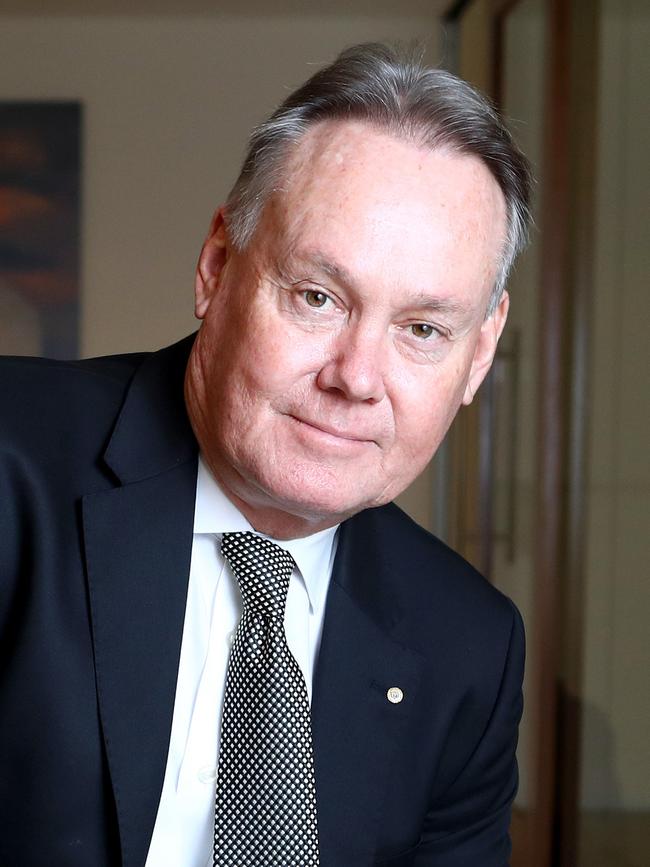Business backs Labor’s FIRB hard line
Businesses have backed the government’s decision to take a tougher stance on investments by foreign state owned enterprises while speeding up the process for known foreign investors.

Businesses have backed the government’s decision to take a tougher stance on investments by foreign state-owned enterprises while speeding up the process for known foreign investors such as Canadian superannuation funds.
“It’s a good idea,” said Lindsay Partridge, the outgoing managing director of Brickworks.
“They need to look more closely at exactly who it is that’s investing in the country, particularly assets that have some strategic value to Australia.”
In a speech to the Lowy Institute on Wednesday, Jim Chalmers said he “would not anticipate” that the new framework for the Foreign Investment Review Board would lead to a decline in investments by China despite many believing it to be aimed at Australia’s largest trading partner.
“We take a firmer view of state-owned enterprises but China is not the only part of the world with state-owned enterprises.
“Our approach is non-discriminatory” the Treasurer said.
The FIRB last year knocked back a bid by a Chinese company to buy one of Australia’s only in-production lithium mines, Bald Hill, which was then sold to Mineral Resources.
In the building and construction sector where Brickworks is the biggest brickmaker and leading housing materials supplier, Mr Partridge said he was “fine” with foreign investors snapping up the nation’s listed companies.
“What we’ve seen is CSR being taken over by the French and Adbri by CRH,” said Mr Partridge. “Every CEO’s role is to maximise the return for their shareholders.”
The Business Council said the FIRB’s new target for 30-day approvals and plans to make the process more transparent were a “step in the right direction” to generate more economic opportunities and jobs in Australia. “We hope these are just the start of many more pro-investment reforms to come,” said the council’s chief executive, Bran Black.

“We must get our settings on the fundamentals right. That includes our industrial relations, tax system, planning and regulatory settings. These are the settings that really count when it comes to having boards approve major new investments,” he said.
The new framework for foreign investments ties in with the Australian government’s new Future Made in Australia policy, which was also welcomed by some business leaders.
The government will provide equity, debt and subsidies to projects that help make Australia “a renewable superpower and an indispensable part of the global net zero economy,” Dr Chalmers said.
Australia is fortunate to have a wealth of natural resources needed to make the global transition to net zero possible and will target value-adding these resources as a priority such as through refining lithium – a key ingredient for EVs, refining metallurgical coal, aluminium bauxite, and downstream such as battery manufacturing
Banker and former consul-general in New York Ken Allen described the new policy as a “great initiative”.
The government has yet to provide detail or costings on the proposed laws but Dr Chalmers said there would be “five tests” before the government would dip into taxpayer dollars to invest in industries.
“It’s a great initiative. While usually I would shy away from the government making bets on commercial aspirations, someone has to do it,” said Mr Allen, who founded Advance.org to support professional Australians working abroad and returning home.




To join the conversation, please log in. Don't have an account? Register
Join the conversation, you are commenting as Logout